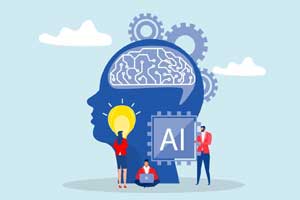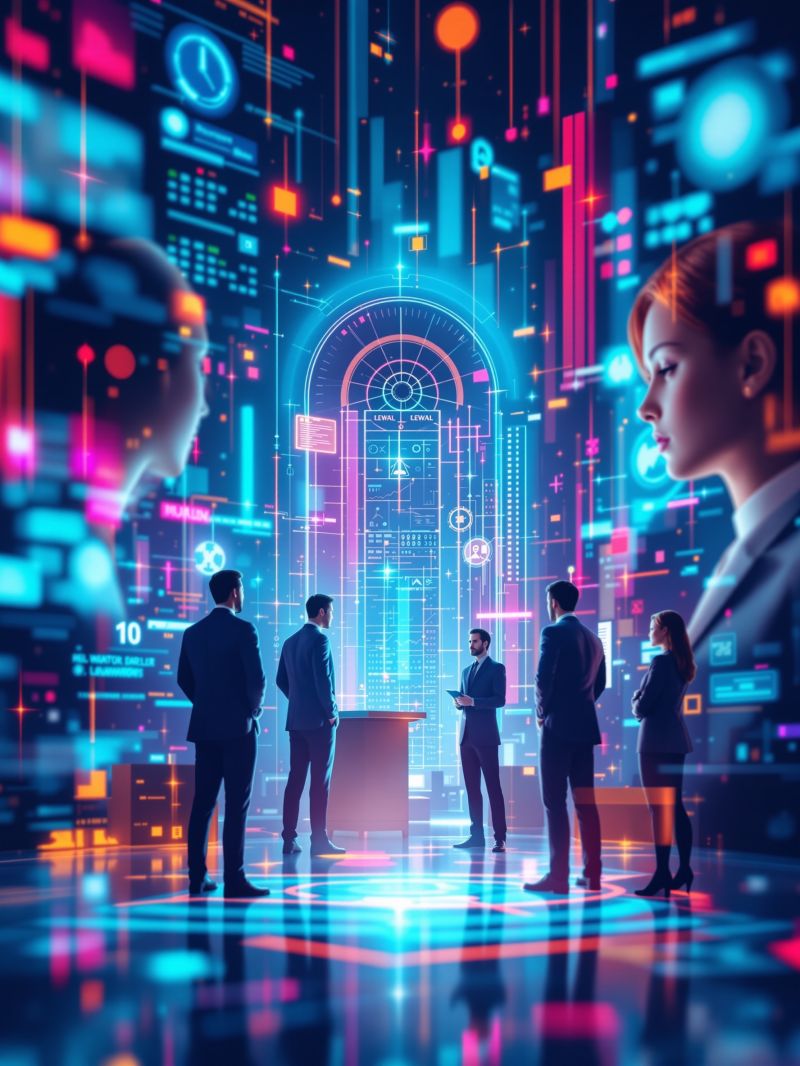A recent Help Net Security article highlights new Deloitte research on enterprise AI adoption, drawing on insights from more than 3,200 business and IT leaders across industries. The findings reveal a familiar pattern: meaningful progress in access and executive support, paired with ongoing friction when it comes to scaling, governance, and workforce readiness.
According to the research, nearly six in ten workers now have access to approved AI tools. However, far fewer are using those tools consistently in their day-to-day workflows. This gap underscores a growing challenge for organizations: providing access to AI does not automatically translate into effective or routine use.
The transition from pilot projects to full production remains especially limited. Only about one quarter of surveyed organizations report having successfully made that leap. Many cite persistent barriers, including training gaps, poorly aligned workflows, infrastructure constraints, and uncertainty around expectations for AI use. These challenges point to a broader issue—AI initiatives often outpace the organizational structures needed to support them.
From a security perspective, the article also raises important concerns. As AI becomes more embedded in enterprise environments, organizations should expect new classes of attacks and failure modes to emerge. One key risk involves permitted access being misused outside its intended workflow, forcing security teams to rethink controls originally designed for purely human activity.
This aligns closely with what we see in our ALSP work with clients. Evaluating the “right” automation and AI tools is rarely a one-time decision. Client expectations, existing infrastructure, regulatory considerations, and internal resources are constantly evolving, making AI adoption a moving target rather than a fixed endpoint.
Ultimately, successful enterprise AI adoption requires more than access—it demands thoughtful governance, practical workflow integration, ongoing training, and security models designed for AI-augmented work. Organizations that address these areas together will be better positioned to turn experimentation into sustainable, secure value.
Read the full article here











